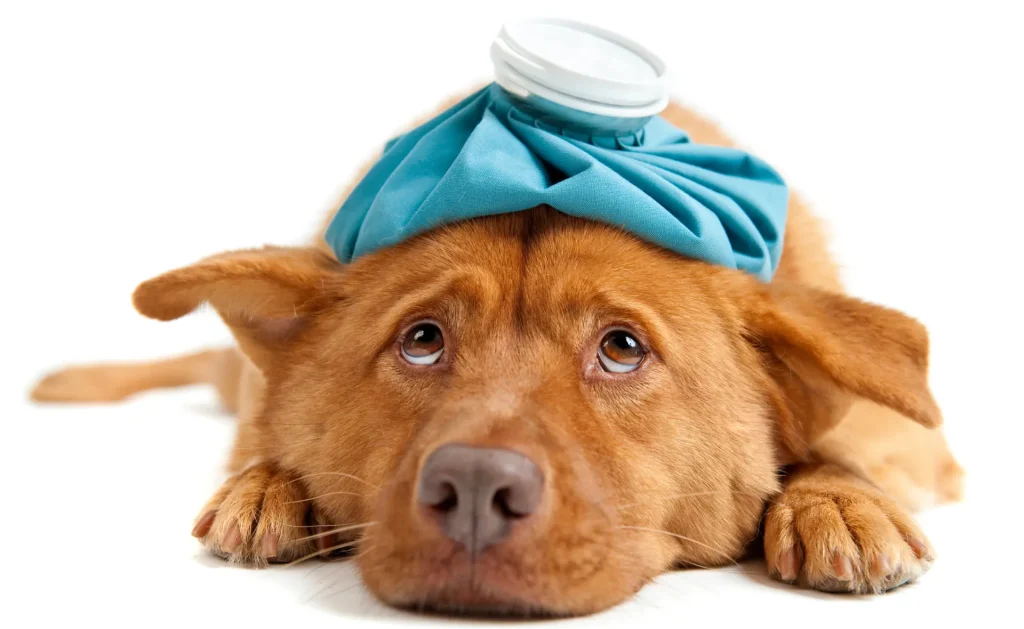What to Do When Your Pet is Sick
- When your pet is ill, providing timely and appropriate care is essential for their health and a quick recovery.
- Proper attention and action can make a significant difference in your pet’s overall well-being.
- Here’s an in-depth guide on what to do when your pet is sick:
Table of Contents
ToggleObserve Symptoms
- The first and most important step in caring for a sick pet is to observe their symptoms.
- Pay attention to any unusual signs such as vomiting, diarrhea,
fever, loss of appetite, or changes in behavior and activity.
- Particularly, watch for changes in body weight, coat condition, or changes in urination habits.
- Record these symptoms to provide detailed information to the
veterinarian, which will help in accurate diagnosis and treatment.
Contact a Veterinarian
- If you notice severe or persistent symptoms, it’s essential to take your pet to the veterinarian.
- If you cannot take them to the clinic immediately, call to consult the veterinarian about the next steps.
- In some emergency cases, the vet may guide you on temporary measures
- you can take at home until you can get your pet to the clinic.
- Avoid self-medicating or using treatments without veterinary guidance, as this could worsen your pet’s condition.
Provide a Comfortable Resting Place
- Creating a comfortable and safe resting environment is crucial when your pet is sick.
- Ensure their resting area is clean, well-ventilated, and quiet.
- Avoid exposing your pet to loud noises or other stressors.
- If your pet seems cold or uncomfortable, provide extra blankets or bedding to keep them warm and cozy.
Ensure Proper Nutrition
- Nutrition plays a key role in your pet’s recovery.
- If the vet approves, offer easily digestible and nutritious foods to your pet.
- Some suitable options include cooked rice, boiled chicken, or specially formulated pet food that supports recovery.
- Ensure your pet always has access to clean water to prevent dehydration.
- Avoid feeding them harmful foods such as those high in sugar, salt, or spices.
Monitor Health Status
- Monitoring your pet’s health status is essential to detect any worsening symptoms.
- Regularly check their body temperature, heart rate, and respiration.
- Report any negative changes in their condition to the veterinarian.
- This monitoring helps you better understand the progress of their illness
and enables the vet to adjust treatment as necessary.

Maintain Hygiene and Prevent Infection
- Maintaining hygiene is crucial to prevent the spread of infection to other animals and yourself.
- Wash your hands thoroughly before and after handling your
sick pet to reduce the risk of spreading germs.
- If your pet’s illness is contagious, limit their contact with other animals and keep their living area clean.
- Implement cleaning measures for their belongings
and sleeping area to ensure a sanitary environment.
Follow Veterinary Instructions
- Finally, adhering to the veterinarian’s instructions is vital.
- Follow the prescribed medication, dosage, and treatment schedule to help your pet recover effectively.
- Schedule follow-up appointments as directed to ensure proper treatment progress and health monitoring.
- Caring for a sick pet requires patience, love, and special attention.
- Make sure your pet receives the best care possible
to ensure a speedy recovery and return to their normal life.
Xem thêm
Transporting Pets from Vietnam to Naju (South Korea)














